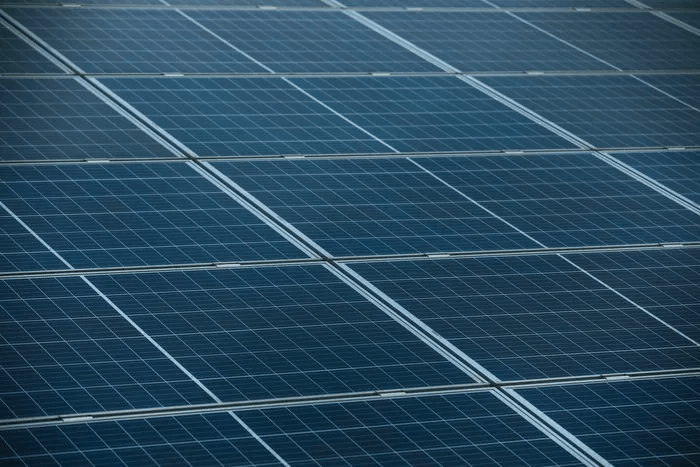Solar energy has emerged as a leading solution for clean and sustainable power generation. Installing solar panels on residential and commercial buildings offers numerous benefits that go beyond environmental considerations. From financial savings to reduced carbon footprint, let’s explore the compelling advantages of harnessing the power of the sun through solar panel installations.
1. Renewable and Sustainable Energy Source
One of the most significant benefits of installing solar panels is the utilization of a renewable energy source. Unlike fossil fuels, which are finite and contribute to climate change, solar energy is virtually limitless and does not produce harmful greenhouse gas emissions during operation. By tapping into the sun’s abundant energy, we can significantly reduce our reliance on non-renewable resources and move towards a greener and more sustainable future.
2. Cost Savings on Electricity Bills
Solar panels generate electricity from sunlight, providing homeowners and businesses with the opportunity to save on their electricity bills. By producing their own energy, solar panel owners can offset their reliance on grid-supplied electricity, thereby reducing or even eliminating monthly electricity expenses. Over time, these savings can add up significantly, resulting in substantial cost reductions and increased financial independence.
3. Return on Investment
Installing solar panels is not only a sustainable choice but also a smart financial investment. In many regions, government incentives, such as tax credits, rebates, and net metering programs, are available to support solar adoption. These incentives can offset the upfront installation costs and expedite the return on investment (ROI). With proper planning and assessment, solar panels can provide a considerable ROI over their lifespan, potentially exceeding the initial investment.
4. Energy Independence and Security
Relying on traditional energy sources leaves individuals and communities vulnerable to price fluctuations, power outages, and geopolitical uncertainties. By installing solar panels, individuals can achieve a higher degree of energy independence. Solar energy empowers homeowners and businesses to generate their own electricity, reducing dependence on external energy providers and ensuring a stable and reliable power supply.
5. Reduced Carbon Footprint
The fight against climate change requires a collective effort to reduce greenhouse gas emissions. Solar panels play a vital role in this endeavor by producing clean, emission-free electricity. By choosing solar power, individuals can actively contribute to reducing their carbon footprint. Each kilowatt-hour of electricity generated from solar panels instead of fossil fuels helps combat climate change and promote a more sustainable future for generations to come.
6. Increased Property Value
Installing solar panels can enhance the value of residential and commercial properties. Studies have shown that homes equipped with solar panels tend to sell faster and at higher prices compared to non-solar homes. Prospective buyers are increasingly seeking energy-efficient and sustainable properties, recognizing the long-term benefits and cost savings associated with solar energy. Solar panels act as an attractive feature, increasing the overall desirability and marketability of a property.
Conclusion
The decision to install solar panels offers a multitude of benefits, ranging from financial savings and energy independence to reduced carbon emissions and increased property value. As the world transitions towards cleaner and more sustainable energy sources, solar panels have emerged as a reliable and cost-effective solution.
By harnessing the power of the sun, we can power our homes and businesses with clean energy, reduce our dependence on fossil fuels, and contribute to a more sustainable future. Installing solar panels is not only a responsible choice for the environment but also a wise investment in the long run. Embrace solar energy and be part of the global movement towards a cleaner and greener world.






